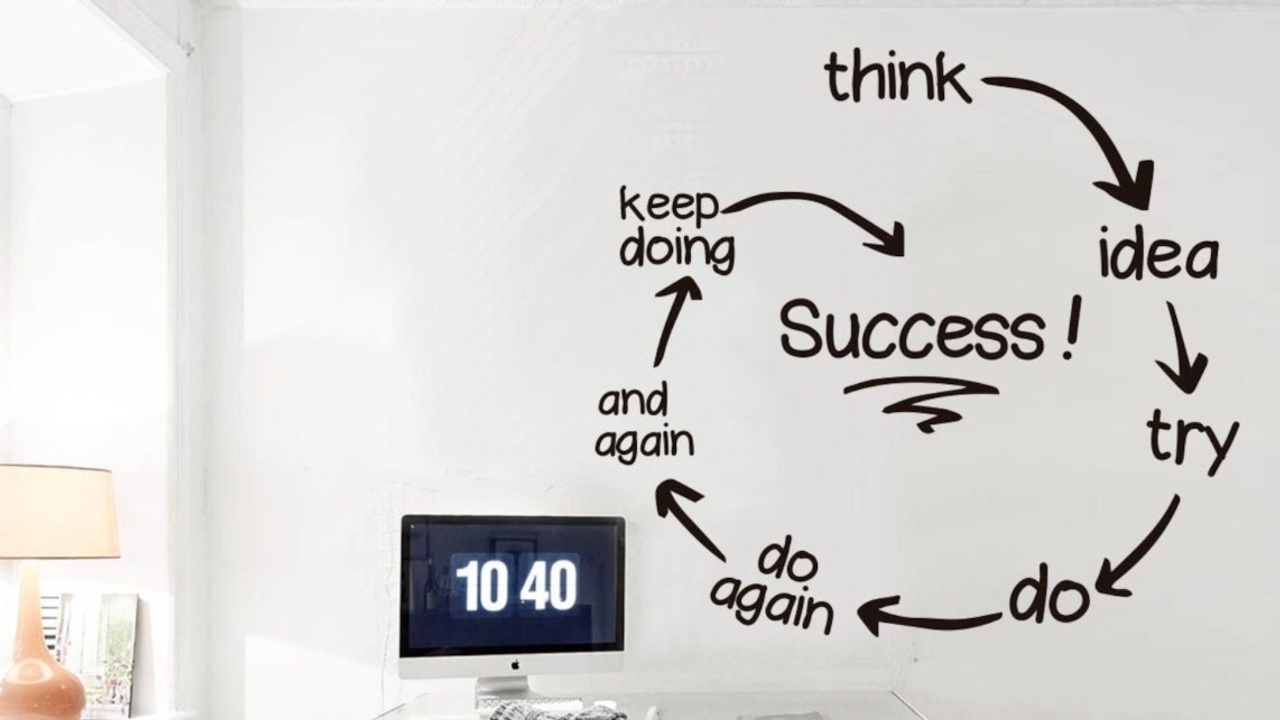Joy at Work Thinking
We live in a world awash in data. Most of us walk around with devices that are radiating and receiving signals from cell towers, satellites, Bluetooth, near field readers, and more. Organizations have inputs from clients and suppliers and operations. There is no shortage of data. For many managerial...
There is an insidious problem that pervades many attempts to analyze business progress. Somewhat counterintuitively, this problem grows as the availability of data increases. The impact is dramatic. Analysis stalls and initiatives can fail because the insight is not there. The dynamic is the draw to...
Written by Ed Cook
Exploring the question, “Are you a great Change Leader?” is an insightful exercise. The personae that tend to emerge, in response to the question, break in one of two directions: Lawyer or Scientist.
The Lawyer will begin with a recitation of the available evidence underlyi...
Written by Ed Cook and Roxanne Brown
You've just walked out of a meeting where leadership announced a major change. Your team will be looking to you for direction, but inside, you're struggling. You weren't consulted. You don't agree with the decision. You might even think it's a terrible idea.
An...
Written by Ed Cook and Roxanne Brown
A common refrain in many conferences or conversations about Change Management is “people don’t like change.” On the surface, this is understandable. Change Management Professionals and Change Leaders will encounter people who actively push back on a Change or qu...
Written by Ed Cook
Humans walk about the Earth trying to make sense of it. Karl Weick introduced the concept of "sensemaking" to organizational studies in his 1969 book The Social Psychology of Organizing. His work described how humans understand the world in the face of uncertainty and labeled hum...
Written by Ed Cook
One of the Ten Dimensions of Joy at Work is Belonging. It is one of the more obvious dimensions, who doesn’t want to belong; however, measuring belonging is not as obvious. Although we believe there is much that humans can simply intuit about joy attributes, such as belong...
Ed explains how to calculate whether Change Management is worth investing in for your business change: The return on investment in Change Management.
You can learn more about it with our Guide: Calculating a Change ROI
Written by Ed Cook
With the Great Resignation causing distressing amounts of employee turnover and dismal employee retention numbers, Employee Engagement is front of mind for many leaders. What employee engagement is, however, can be elusive. Some see it as activities associated with team buil...
Written by Roxanne Brown
I made the long flight from DC to San Francisco on a trip for work. I was going to a Data Governance conference in Japantown. Larry English would be speaking but that’s not why I came. Mr. English, who passed away in 2020, was considered the data quality guru at the ti...
Written by Roxanne Brown
In times of crisis (and change), leaders need to give people something constructive to do that’s not throwaway work. That’s what people want right now.
In normal times, the workforce has a much easier time deciding what they should focus on. A company’s values, missio...
Written by Roxanne Brown
Change is an active learning process. Even when the destination is clear (most often it's not, even in the most stable times), the path there involves a lot of test-and-learn activity. We like the "learn your way forward" way of thinking about change, or "decide-change-...












